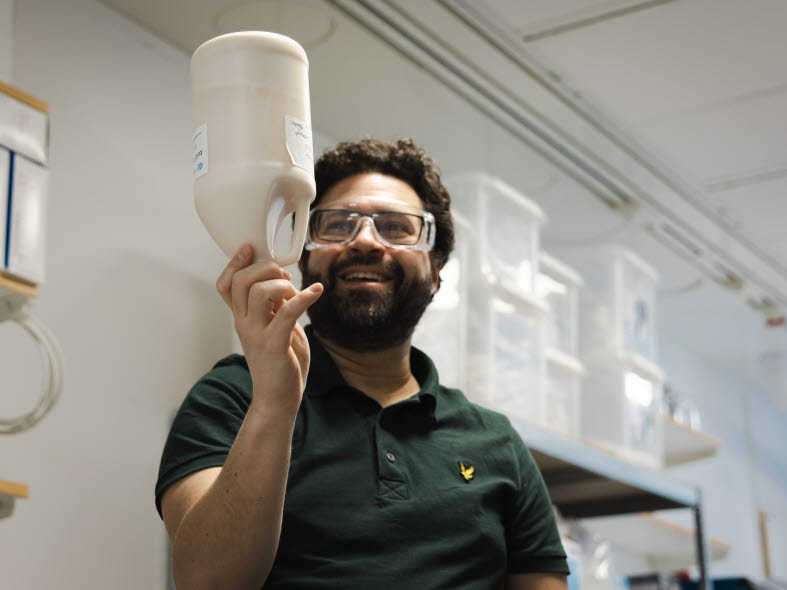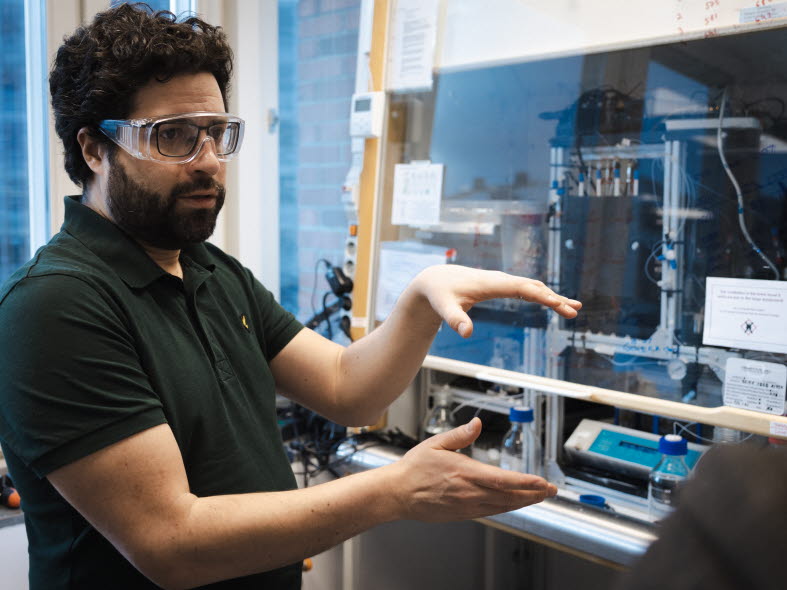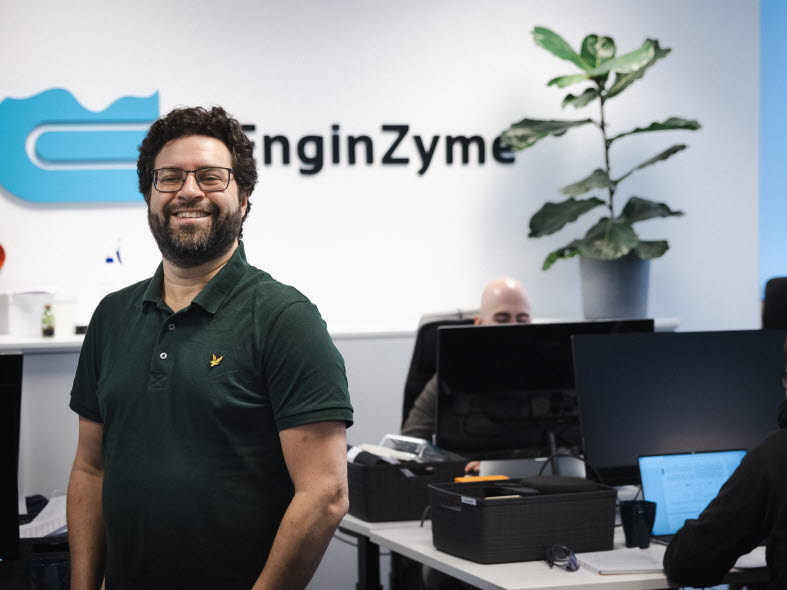When did you realise that this could take off?
“There were two eureka moments. The first was when we realised that we could use all the enzymes in the world. We saw that this was huge. The other was when we realised that we should not sell the material itself but should build a complete solution platform which can be used in industrial processes and therefore have a much greater impact from improved chemical production.
“This was the basis on which we completed our Series A funding round. It was Friday the thirteenth of March 2020, straight after the stock exchanges crashed due to the corona pandemic. Therefore, Friday the thirteenth is my favourite date.”
Who are the customers?
“Companies that want to develop new enzyme-based manufacturing processes. For example, we have partnered with Tetra Pak around process solutions for the manufacture of yoghurt, milk, fruit juice, and so on. We also have ongoing collaborations with other large manufacturing companies.
The business model is primarily to develop licenced manufacturing processes for others, but there is also an idea in the long term to set up our own manufacturing plant and sell products.
“We are not there yet, but it is on the map.”
Where does your interest in changing the chemical industry come from?
“Partly I have a nerdy interest in enzymes, research and biotechnology. It is fascinating to drill down to the molecular level and understand how the processes really work.
“Then it is about me as an engineer wanting to contribute to a better world. It is something of a calling. We need chemical products, but we cannot have today's processes. In the future we will laugh at needing mining to manufacture chemical products.”
What is the goal for this year?
“Now we have developed the technology, demonstrated that it works and is scalable for large processes. This year the goal is to get it implemented in full-scale in a commercial manufacturing process. This will make it easier to convince more manufacturers to use our technology.”
SEB Greentech, the bank's unit for investing venture capital in green technology, has made an investment in EnginZyme.
What does this mean?
“It is fantastic to have the backing of a well-known actor such as SEB. The bank also contributes skills, advice and an understanding of additional opportunities to reach other investors within SEB's network.”




